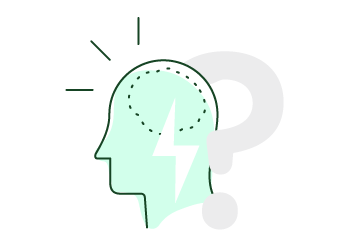Personal Productivity
Productive Laziness
AUTHOR: Francisco Sáez"Progress isn't made by early risers. It's made by lazy men trying to find easier ways to do something." ~ Robert Heinlein

This week, an article fell into my hands and attracted my attention, since the author speaks about laziness—or at least, a certain kind of laziness—from a very positive perspective. Although the article is specifically about why application users try to not complicate their lives, I think the bottom line can be applied broadly to the phenomenon of productivity.
The first time I read about the concept of productive laziness was on Peter Talyor’s website The Lazy Project Manager, where he advocates the use of a lazy approach at work to achieve a better balance with personal life.
Obviously, when it is said that laziness is a manifestation of the fundamental nature of human intelligence, it is not about the kind of laziness that leads you to spend all day lying on the couch watching TV, but rather the kind of laziness which drives you to look for shortcuts and creative solutions in order to get things done with the least amount of effort.
In the Internet Age, this form of productive laziness has further increased and is becoming a natural behavior pattern for the new digital generation. This laziness has a lot to do with our instincts. The information out there on the Internet is so vast that we need to develop mechanisms to search, filter, and get results efficiently.
Now we are able to find what we want on Google by typing just a couple of accurate words. We are able to skim a very long article to quickly find the information we need, hidden in one of its paragraphs. This sort of activity in which our brain is always looking for the shortest path allows us to develop more complex thought structures. In a word, it makes us smarter.
Perhaps, in a sense, being productive has something to do with being lazy. Would you prefer to complete three tasks that have a good impact on your work—and then go for a walk by the beach—or carry out ten non significant tasks—and as a result, have no time for anything else? Isn’t that the Pareto principle simply another expression of productive laziness?
Perhaps, in a world where people move from one thing to the next without even thinking, lying down for a while (while still awake, of course) in order to reflect may actually help you perform actions more efficiently. Perhaps your laziness really can be a motivator to find ways to make things better.
So the next time you feel like your body and mind are tired, don’t feel bad because you cannot give the best of yourself. Just accept it and use it in a positive way. Think, rest, be lazy…
Related articles:





No comments